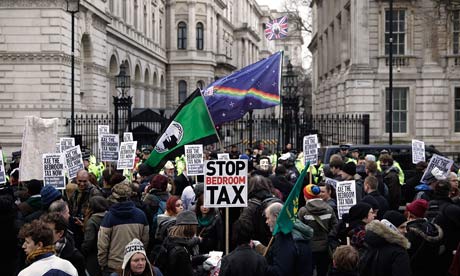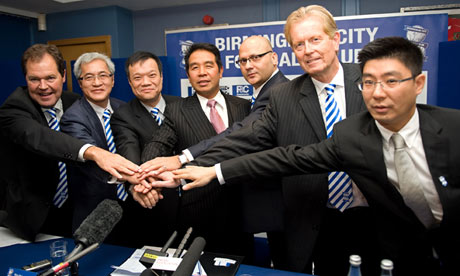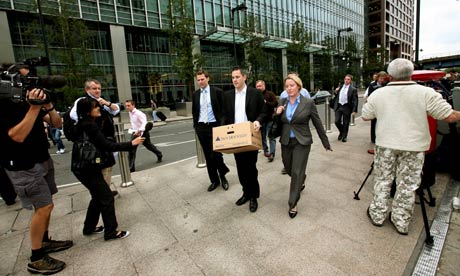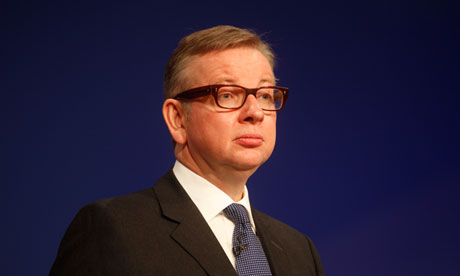With the economic boom petering out, those who benefitted from it are angry with the government for the Food Security Bill because it is paying attention to the needs of the underprivileged for a change
This week’s received wisdom insists that the Indian economy has irretrievably collapsed because on Monday, the Lok Sabha passed the National Food Security Bill (NFSB). The Hindu Business Lineheadline (Aug.28, page 1) said it all: “Re, Sensex sink on fears Food Bill will feed deficit.” The subtext of the lament appears to be that the rupee decline was the market’s way of registering a pointed disapproval of the food security initiative. The Schadenfreude-wallahs are as happy as are the market-reformers that the United Progressive Alliance (UPA) leadership has been fixed so gloriously for venturing into a “populist” course of action. The bandwagon routine has acquired a momentum of its own; even Hindi and other vernacular newspapers have allowed themselves to be mesmerised by the crisis-mongering on television. This, though, is no time to panic. This is the time to strike a balance between short-term difficulty and long-term promises and commitments.
What wrong signals?
Once every few decades comes a moment in a Republic’s life when a few fundamental commitments have to be renewed — or rejected. This is one such week, a time to test our core beliefs. It is also the time to ask a fundamental question: since when in this country has a veto been ceded to the markets and its manipulators, at home and abroad, to decide the issues of equity, social justice and economic fairness? There is something inherently perverse in the suggestion that this much-needed welfare measure would send out the “wrong” signals. Pray to whom? Those half-a-dozen professional financial manipulators in London?
Indeed, economists can always be relied upon to argue that there is always a better way to do anything. Some are competing among themselves to declare that this food security initiative will neither work, nor fetch any votes for the ruling party. Let us make no mistake. Beyond all these sophisticated arguments is a certain class prejudice, resentful that so many resources are being “wasted” for the poor and other socially disadvantaged people, that in this age of “reforms,” political considerations and calculations are being allowed to determine the allocation of societal resources.
This misses the very essence of the concept of political legitimacy in a democratic arrangement. A democracy survives and prospers only when every stakeholder gets an abiding sense of participation, partnership and entitlement. We often seem to keep forgetting that politics is all about who gets what at whose expense. During these last five years, at least for most of the time, the corporates and their policy preferences have been accorded unprecedented acceptance. The time is ripe to strike a new balance. And the NFSB does just that.
Reform by stealth
If we are honest with ourselves, we will have no difficulty in acknowledging that for 20 years, economic reforms have been operationalised without a political mandate. Not until recently when the Congress party held a public meeting to rally opinion behind the Manmohan Singh government’s FDI policy, did any political party have the courage to proclaim openly and boldly its commitment to “economic reforms.” Yet, the “reforms” have been routinely and regularly proclaimed to be “irreversible,” irrespective of the political colour of the government in New Delhi. The process has well been summed up in that evocative phrase, “reform by stealth.”
So now, when we are confronted with a veritable economic meltdown, we are ill-equipped to attend to the more serious and more debilitating crisis of our democratic project running out of its popular legitimacy. India’s democratic arrangements no longer appear to have the requisite social and political sanctions behind them. And we are unable to deal adequately with the systemic overload because our public discourse has been hijacked by a self-serving advocacy crowd and by a professionally disoriented media. For example, a year ago there was carping all around that the crony capitalists and the corrupt politicians were robbing the nation of its wealth, and we staged massive spectacles of resentment at Jantar Mantar; now, a year later, we are ranting and raving that we are not listening to or heeding those who rig the stock markets.
If shouting and screaming every evening could produce solutions to difficult and complex problems, India would have been the most efficacious and working corner of planet Earth. Despite the obvious disapproval of the shouting class, the UPA leadership has gone ahead with the Food Security Bill. Hence, the exaggerated anger.
As social philosopher Roberto Mangabeira Unger points out, a peaceful social order is in itself not enough; “ [S]ociety must be set up in a manner capable of justification in the yes of each of its members.” In political economy terms, each section of society, and every stakeholder gets to determine: what is in it for me? The Democratic Project is a social compact, an indefinable construct, but nonetheless one that hinges on a promise of a fair deal for all. The poor are asking this question with greater urgency — and in the Maoist-strongholds with arms and blood — as decades of “economic growth” have produced new inequities and disparities.
Rather than wait for the next round of the “Maoist” violence to jerk us back to harsh realities, what the Food law does is that at one stroke, it sends out a message that the Indian state has not turned its back on the poor, and that the have-nots continue to have a claim on the collective resources, and that they have not been left to their own devices or to the market’s curative potency.
This message has to be understood and appreciated in the context of the growing preference in some quarters for authoritarian solutions — throw out the encumbering paraphernalia of social equity or fairness, and let the floodgates of enterprise and business acumen be thrown wide open.
Resenting interventionism
A decade of economic prosperity has allowed millions and millions of middle-class families to realise their upwardly revised aspirations and life experiences; at the same time, the UPA saw to it that the welfare state kept expanding the “social agenda,” providing a safety net against the vagaries of the market.
Now, the good days have seemingly come to an end, and there is anger that the state remains equally mindful of the welfare poor. We all thought that the poor have been disappeared from the policy drawing room; and suddenly, they are back with almost a veto. The narrative-controllers resent that. Just when they thought they had successfully defanged the Indian state of its interventionist impulses, here comes the Food Security Bill.
The bill can be seen as the other side of the “stimulus” coin. The 2008-2009 stimulus was used by the super-rich to buy real estate in London and other European cities. At that time, no one seemed to find anything inherently wrong at this massive, disproportionate allocation of resources for so few. None of it was invested here to create jobs; instead, the super-rich petulantly proclaimed that the government was not sufficiently attentive to their “sentiment” and hence they would take their ball (Indian savings and taxpayers) and play in other economies. No one complained; instead, the government was blamed for the corporate sector’s misplaced priorities.
If subsidised food can reduce the food spending of the poor, and place some surplus money in their hands, which would then be spent in India, that may end up stimulating domestic consumer demand. It would be a kind of stimulus lite, for the poor.
A ruling party in India is called upon to fulfil its basic obligation to keep intact the democratic credentials of the “system.” The food security legislation is a partial response to that obligation and must be applauded.










